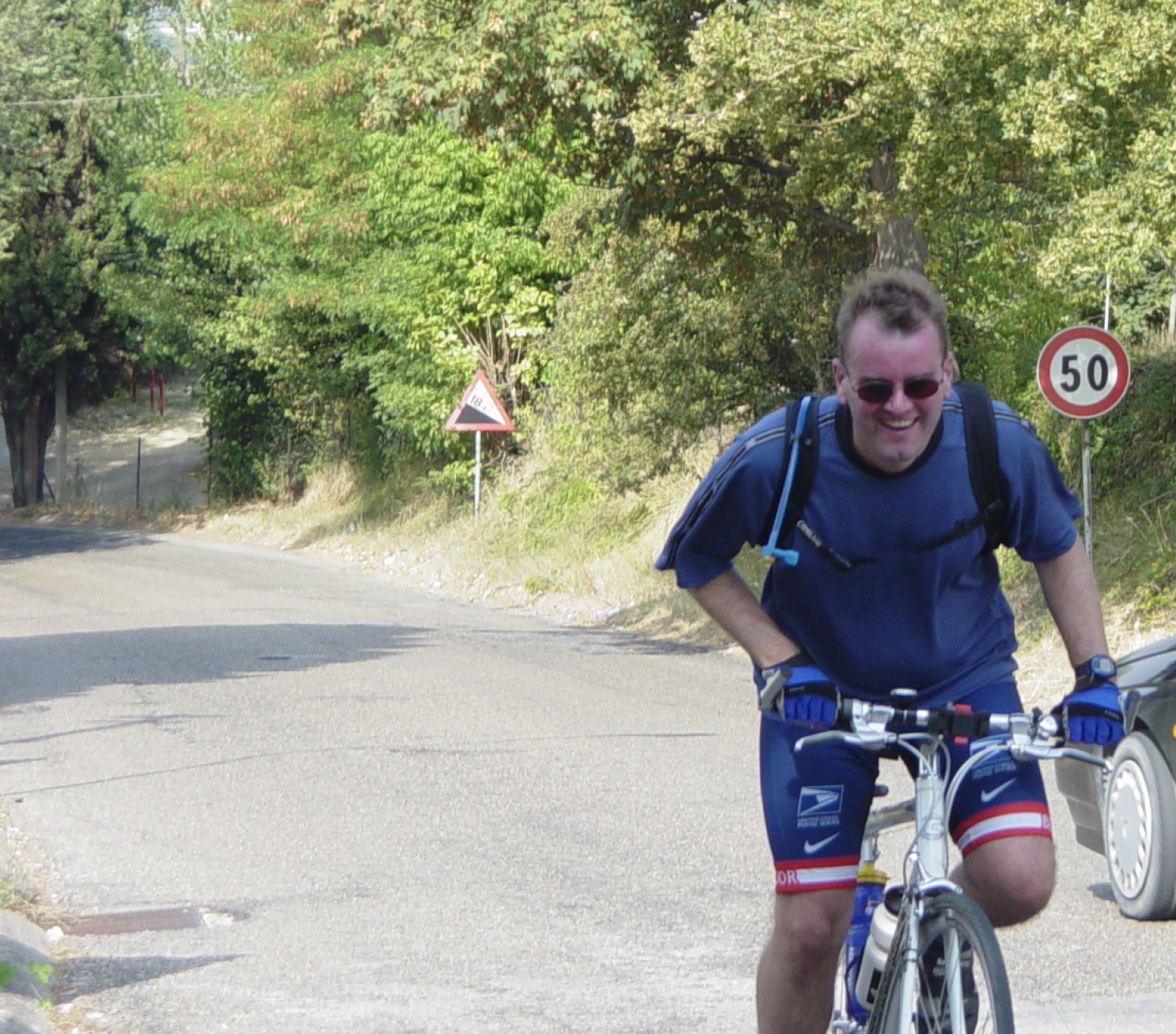
The risk question: helmet or no helmet?
The coronavirus pandemic has raised an age old question. How do we assess risk? More difficult still, how do we balance competing risks?
The COVID-19 crisis has thrown up a stack of such balancing acts. The most prominent one is where to strike the balance between health and economics. But other trade offs are apparent. Should we shut society down in the hope of killing the virus? How do we help the young, who are by all accounts much less at risk?
Yet our view of risk changes over time. My 16 year old aunt took 13 year old Dad to the cinema in London in the middle of the blitz in 1940, retreating home hours late after an air raid. Less dramatically, as a nine year old I’d venture alone across 1970s Cardiff on my bike to my aunt and uncle’s house in Rhiwbina. No one had ever heard of a bike helmet back then. Perhaps some children tragically ended up under the wheel of an Austin Maxi – but it didn’t stop us exploring on two wheels.
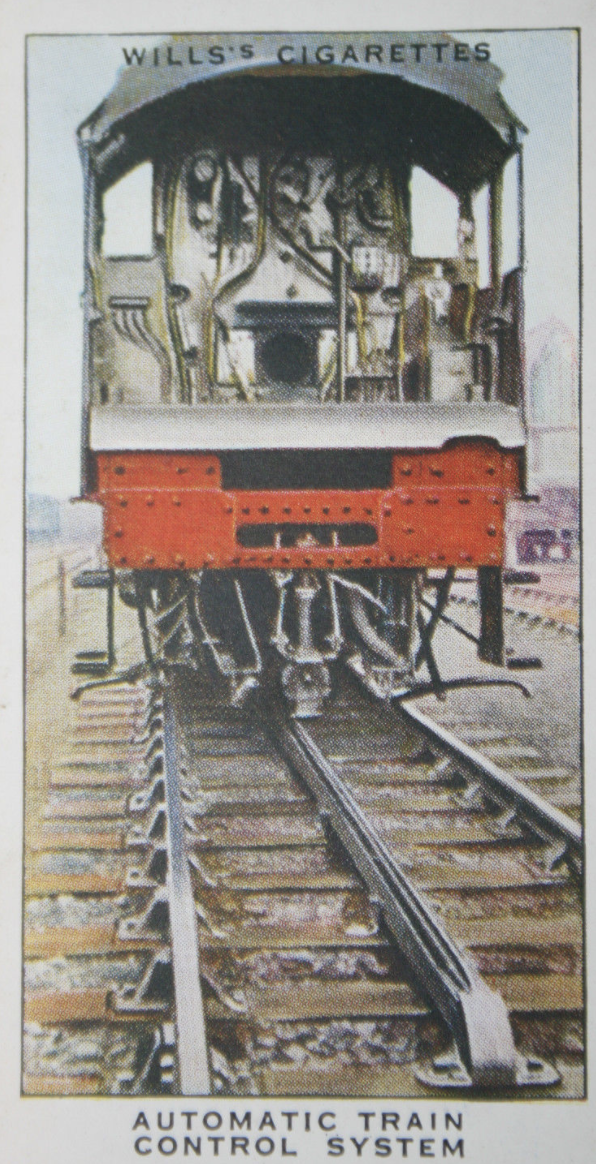
Don’t get me wrong. We were right to make work and life safer. Too many people died unnecessarily. The Great Western Railway introduced ‘automatic train control’ in 1906 to warn drivers when they were passing a ‘distant’ caution signal. Later, the GWR system applied the brakes if the driver didn’t slow down. It saved countless lives. It took half a century and the catastrophic Harrow & Wealdstone and Lewisham disasters before nationalised British Railways introduced the same safeguards on the rest of the network.
Similarly, once controversial measures to tackle drink driving and smoking now seem like common sense.
Yet human beings are not good at understanding and assessing risk. Take cycling. I have had a cycling helmet for almost 30 years. I usually wear one. (Though I didn’t in the photo opening this post – climbing a very steep hill to Todi in Umbria in 2004.) Most parents today would be horrified by the idea of not putting a helmet on their children as they pedal up a deserted road.
But helmet use should be a choice. We need to get children into active lifestyles, such as cycling, walking and sport, to reduce the risk of obesity. A report in 2017 suggested that 35% of children were overweight or obese at 11. Yet MP Bill Grant demanded that children be forced to wear helmets, so criminalising a child pedalling down a quiet cul-de-sac without a helmet. This shows a complete inability to assess risk. Banning McDonalds and fizzy drinks would be far more effective.
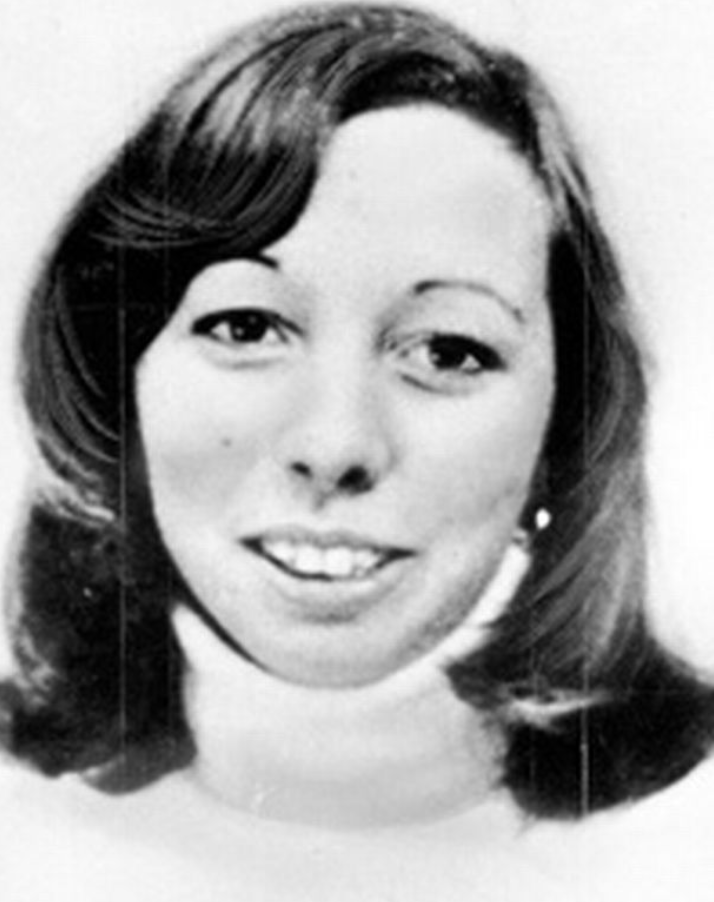
Lesley Whittle
It’s a similar story with child abduction. The tragic story of Madeleine McCann, still front page news 13 years after the three year old disappeared in 2007, heightened fears that children were at much greater danger than during our childhood. Five years earlier, the murders of Holly Wells and Jessica Chapman in Soham, Cambridgeshire shocked the country. Yet child murders are remarkably rare, and are at historically low rates. Most are committed by parents or others known to the child. The difference is that today’s saturation media coverage and social media interest raises the prominence of tragedies. (Although I vividly remember the media frenzy about the awful ordeal of Lesley Whittle, a 17 year old kidnapped and killed by Donald Neilson in 1975.) We need to remember that such appalling cases are vanishingly rare. Be sensible, and teach children how to spot risks. (The age old advice about not taking treats from strangers remains relevant today.)
The communications lessons
Back to 2020, and the coronavirus conundrum. Global companies face a dilemma: do you take the same approach everywhere, or tailor policy and advice by region? Should you keep working from home globally, or allow countries like Australia and New Zealand to return to (close to) normal?
There’s no one answer. But whatever you decide, explain your approach.
Communication is key. It’s striking that the leaders who are natural communicators and educators like Jacinda Ardern have shone in this crisis. Leadership isn’t about bullshit and bluster. The greatest leaders educate the public. This hadn’t struck me until I read Steve Richards’ wonderful study of British prime ministers of the past 40 years. The greatest failures, like Theresa May, don’t even bother. Thatcher famously used her experience as a housewife to explain why the nation needed to spend no more than it earned. (Though the parallel was arguably misconceived.) And Tony Blair – at least before the historic blunder of the Iraq war – was the great communicator, bridging the then gap between traditional Labour and aspiring middle class voters.
Boris Johnson should have all the advantages. He has a vivid turn of phrase, when he remembers to speak English rather than Latin. He’s a larger than life character and people have in the past forgiven him a lot because of that. (Except in Liverpool.)
But the prime minister seems to lack any sensible advice in government. Dominic Cummings may have helped win the Brexit referendum, but so far has proved a disaster as Johnson’s chief adviser. The prime minister has a majority of 80. He should ditch partisan campaigning in favour of statecraft. Ditch the vengeance against people perceived not to be ‘one of us’. Learn a lesson from Roosevelt in the 1930s. Take the public into your confidence. Admit there is no simple answer: that we have to balance health and economics. After all, mass unemployment kills people as well as viruses. Children’s life chances are being damaged by lockdown. Start a conversation.
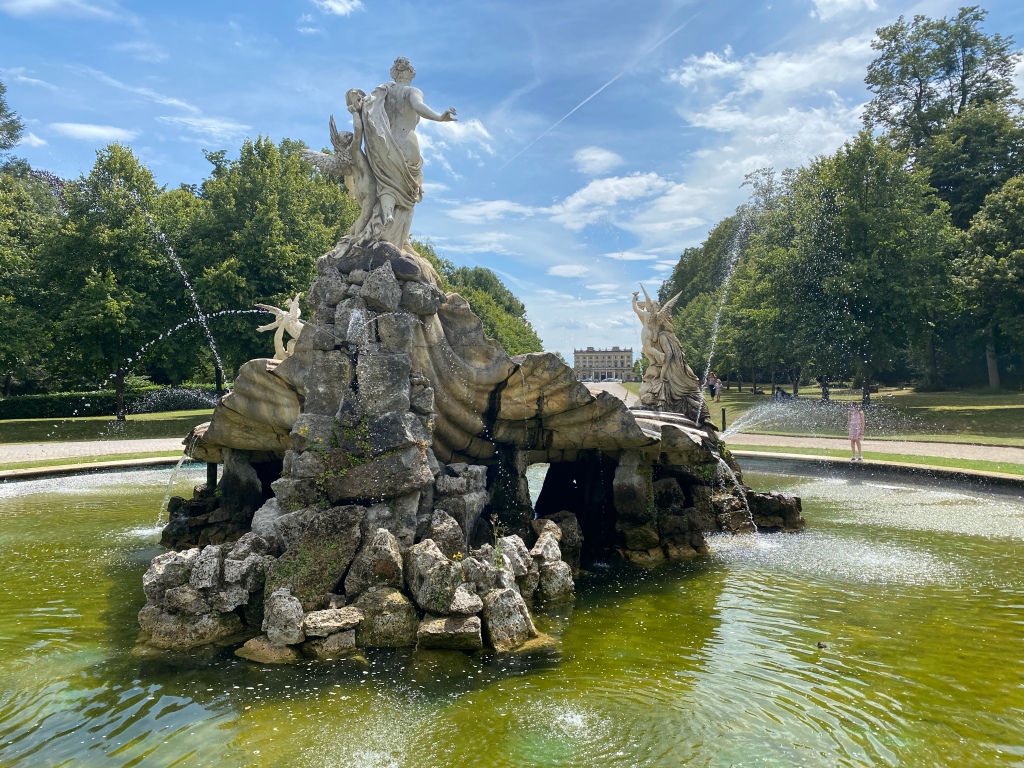
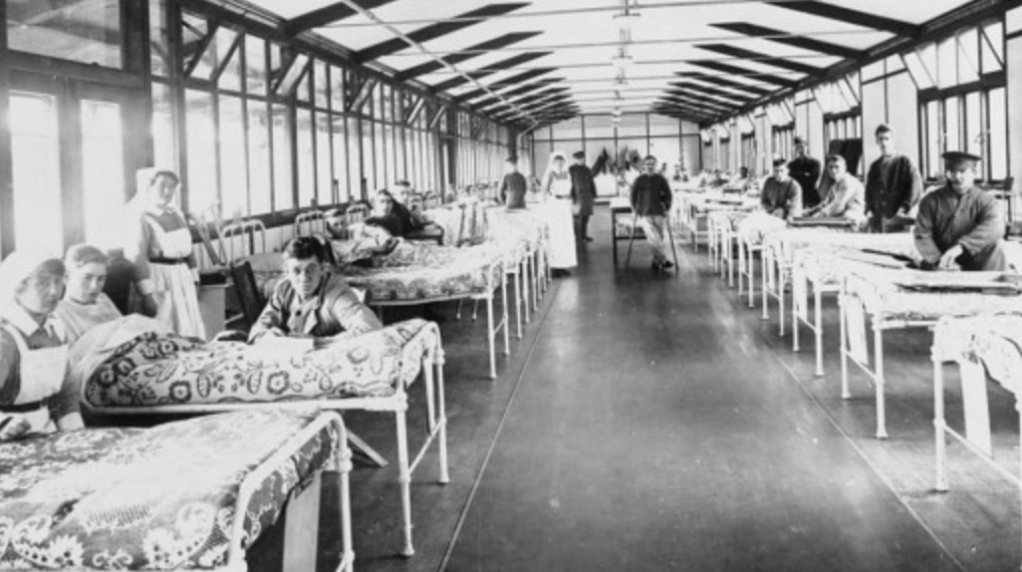
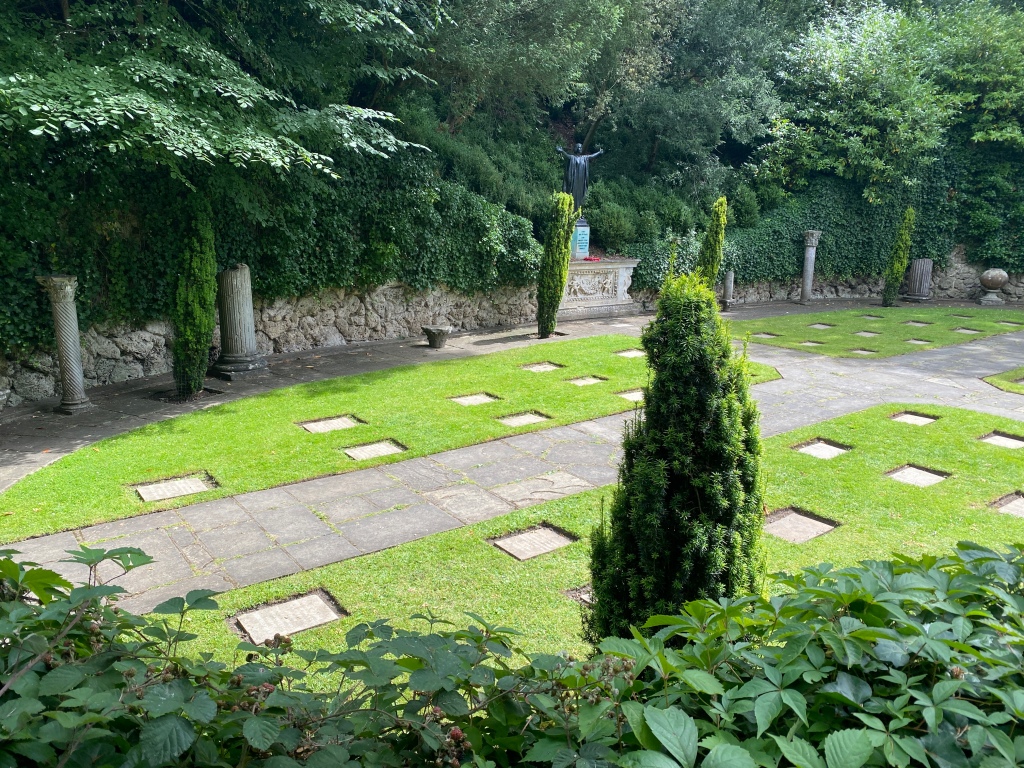
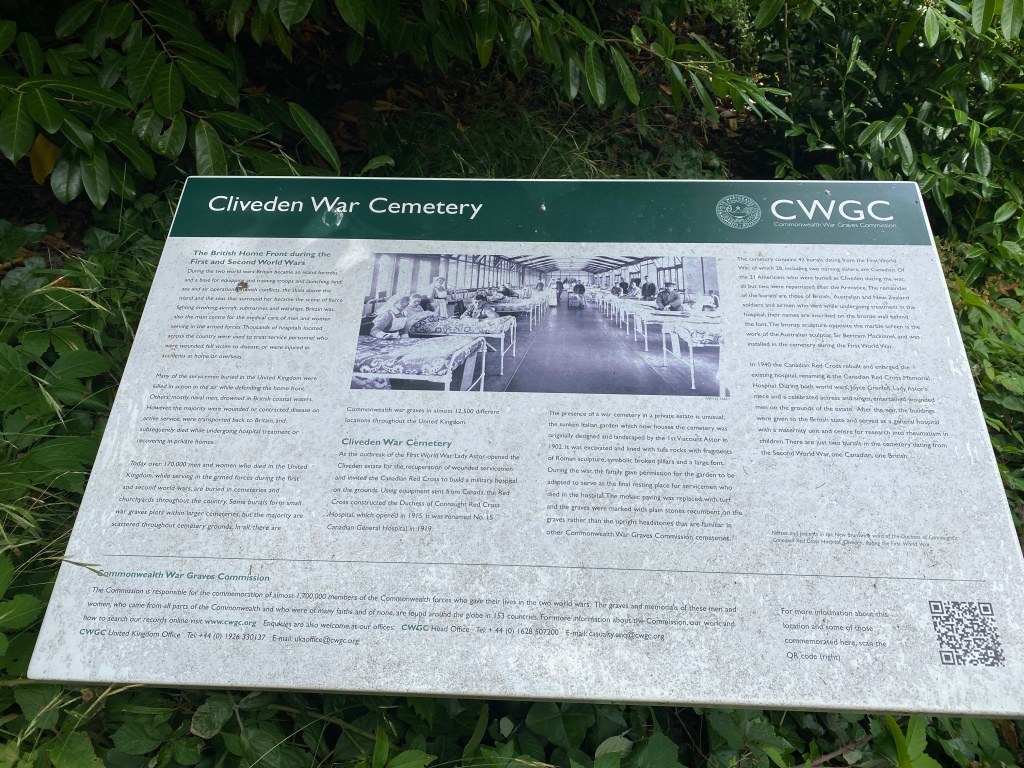
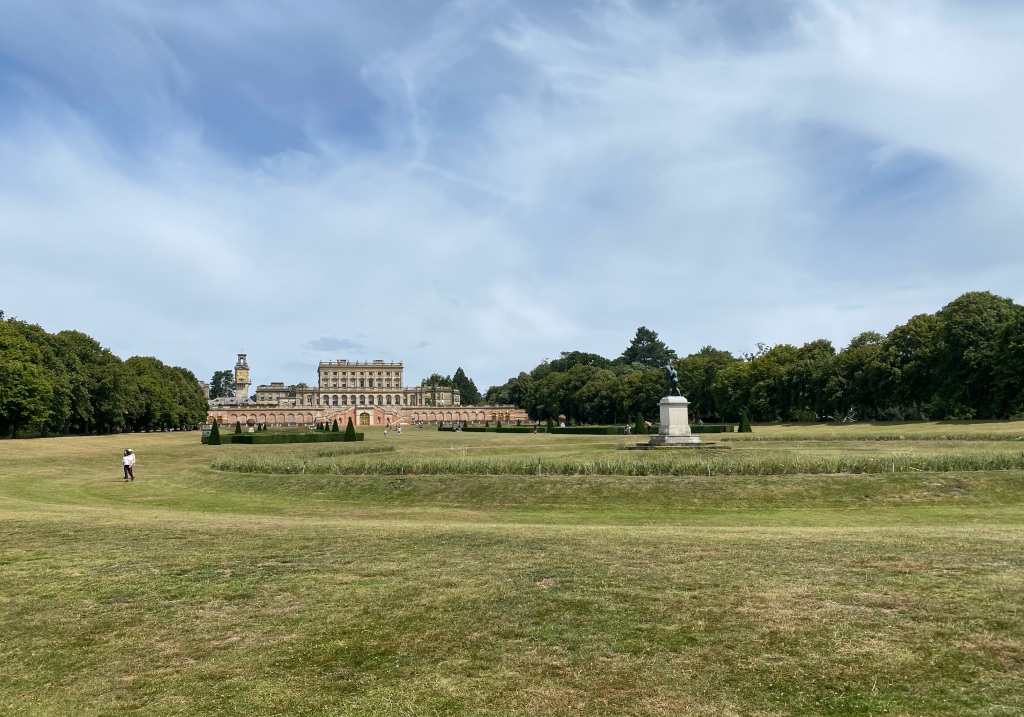
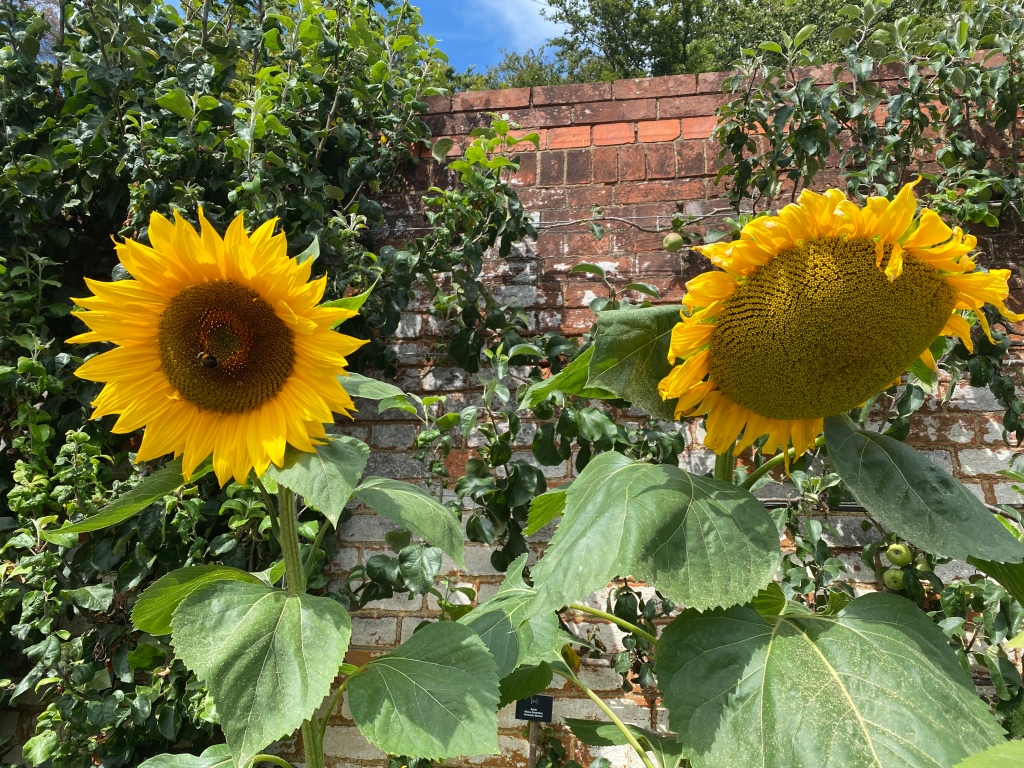

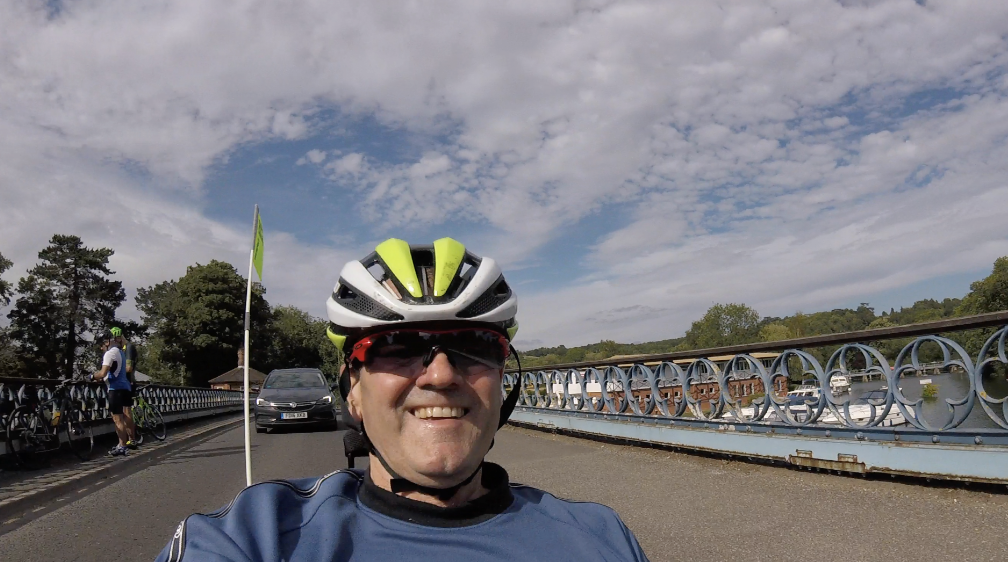
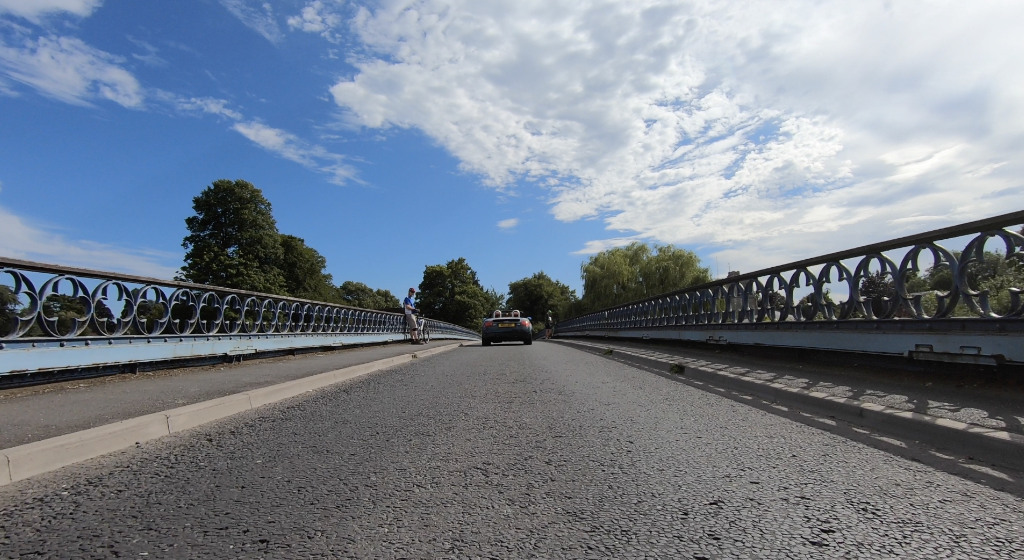
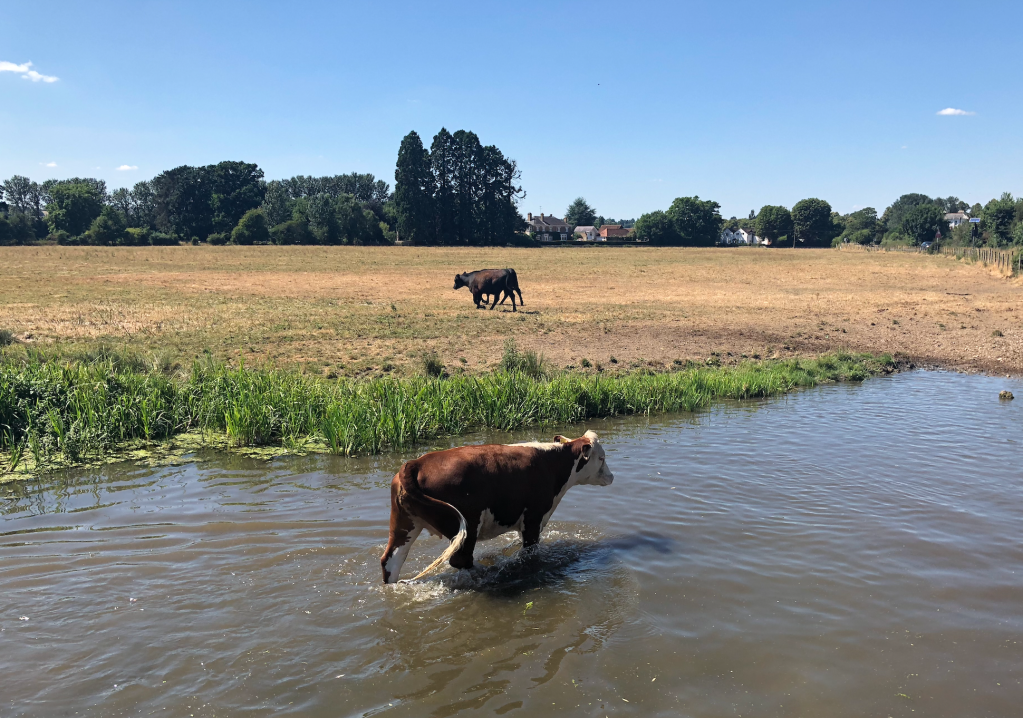
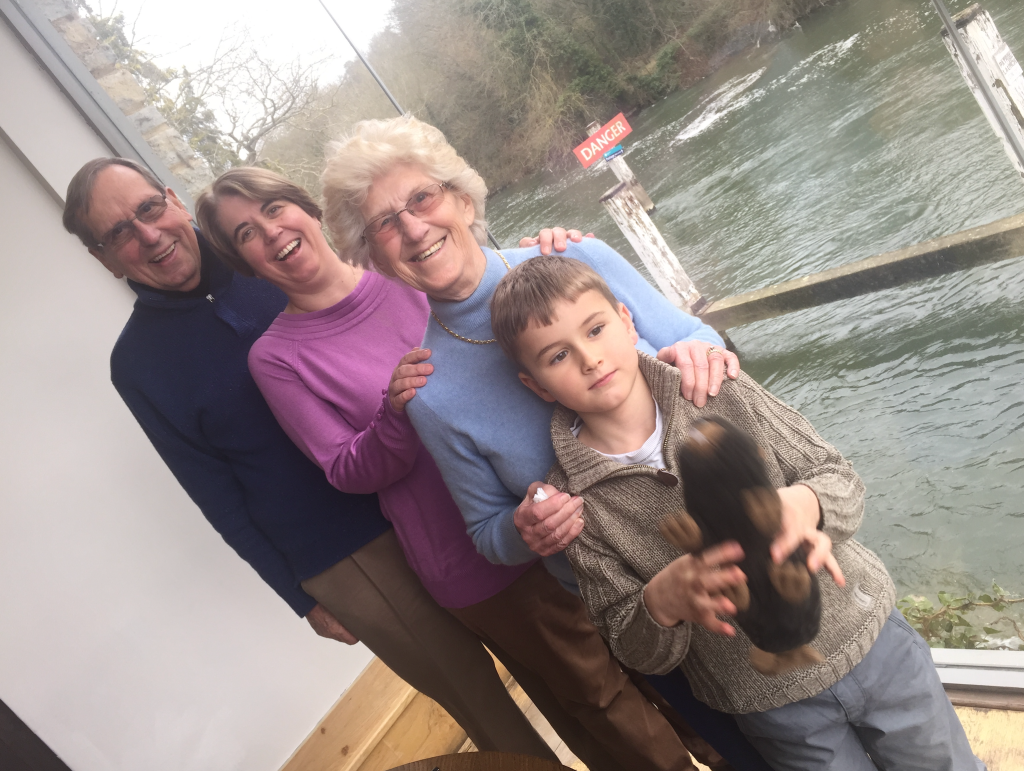
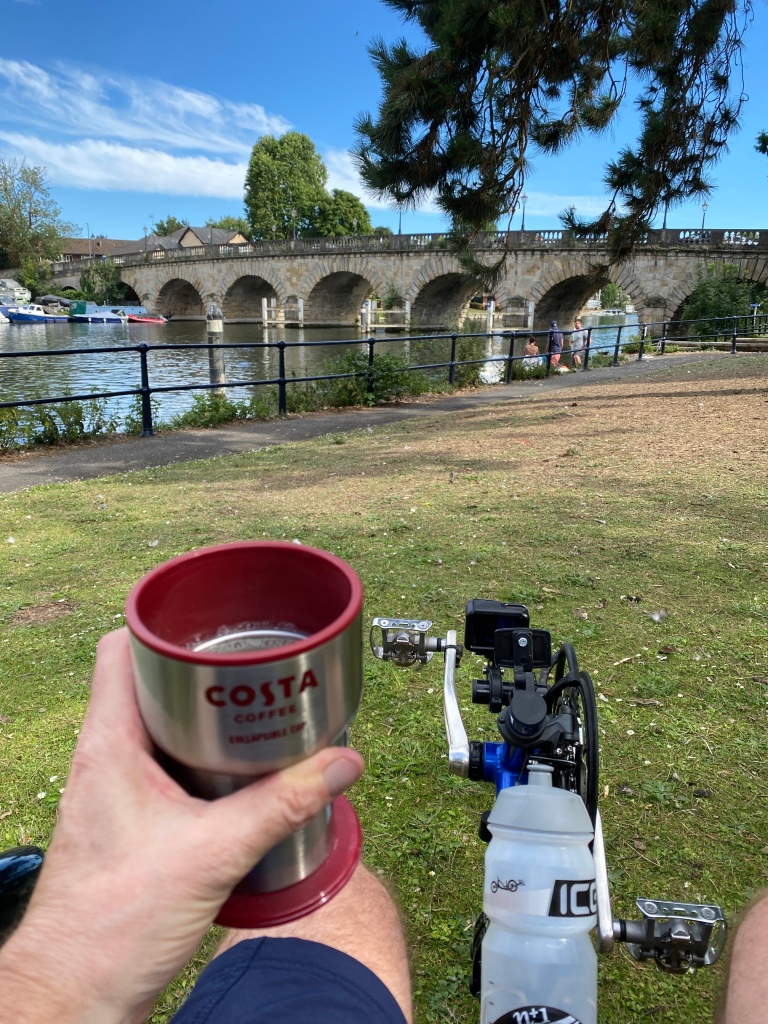
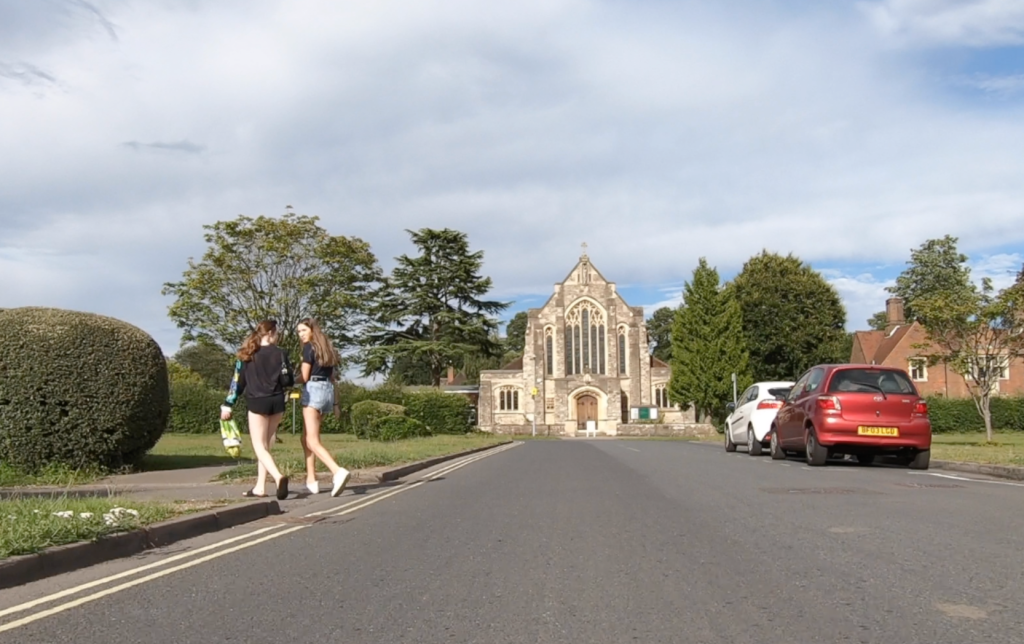
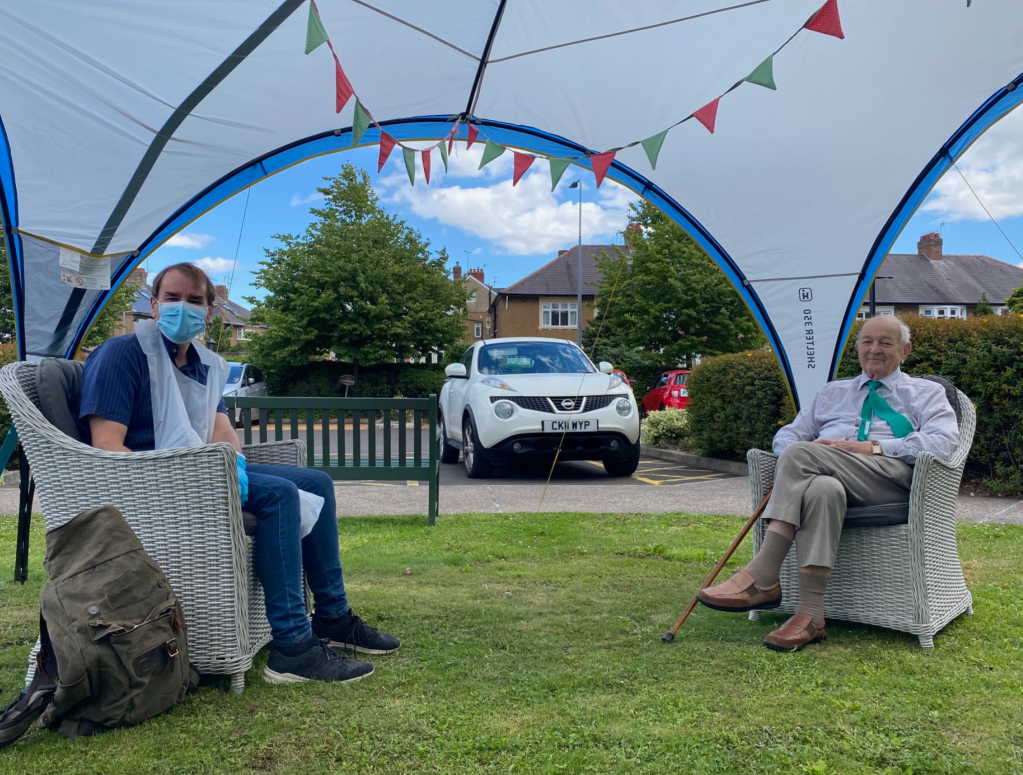
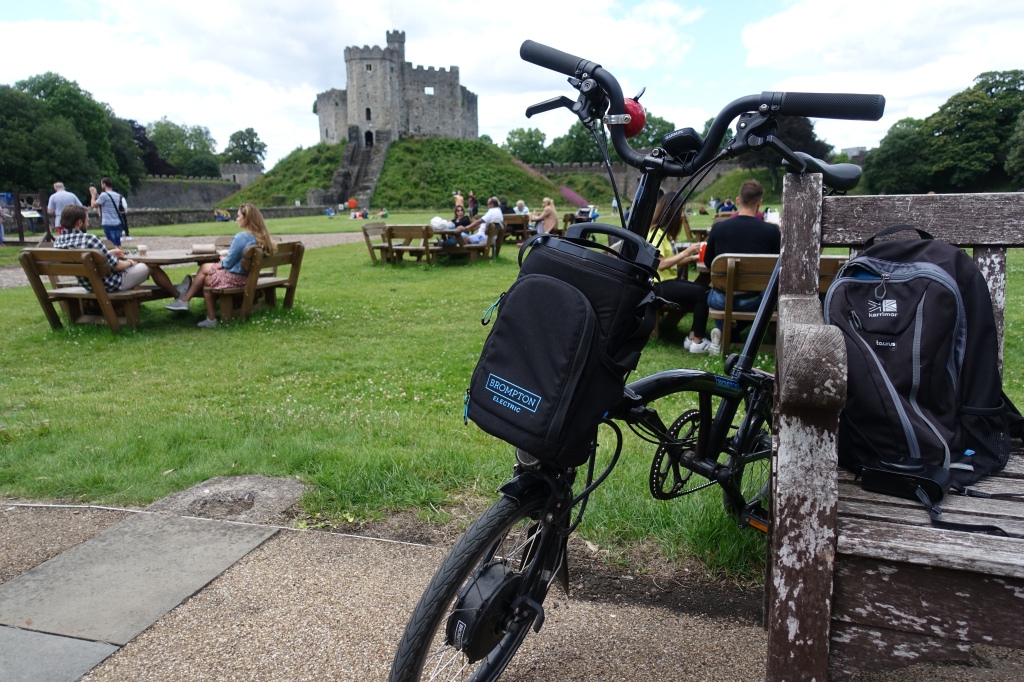
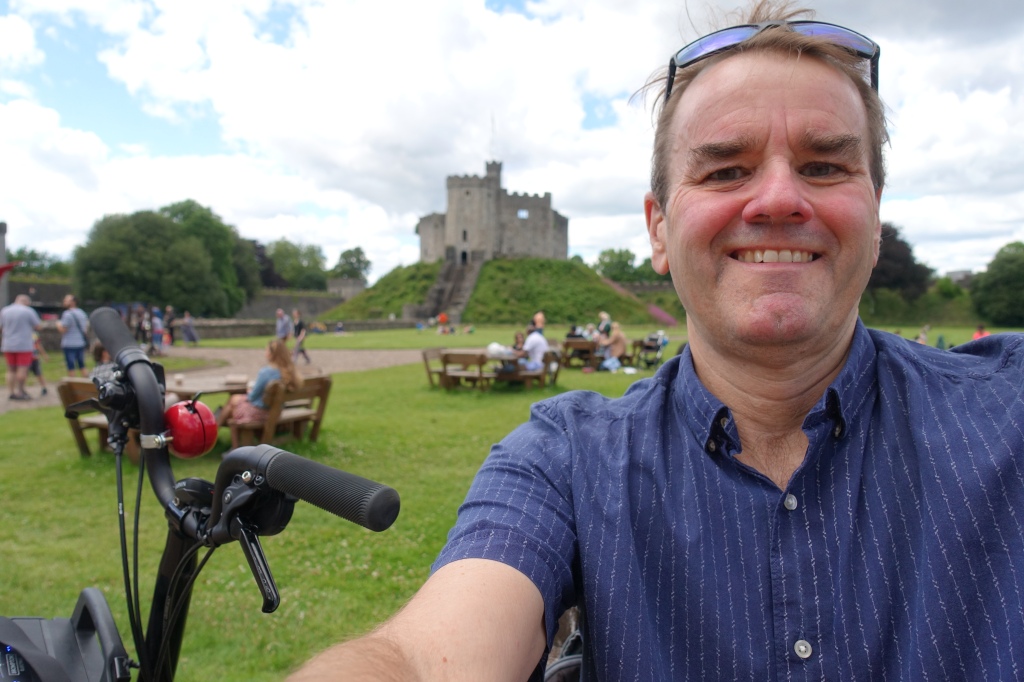
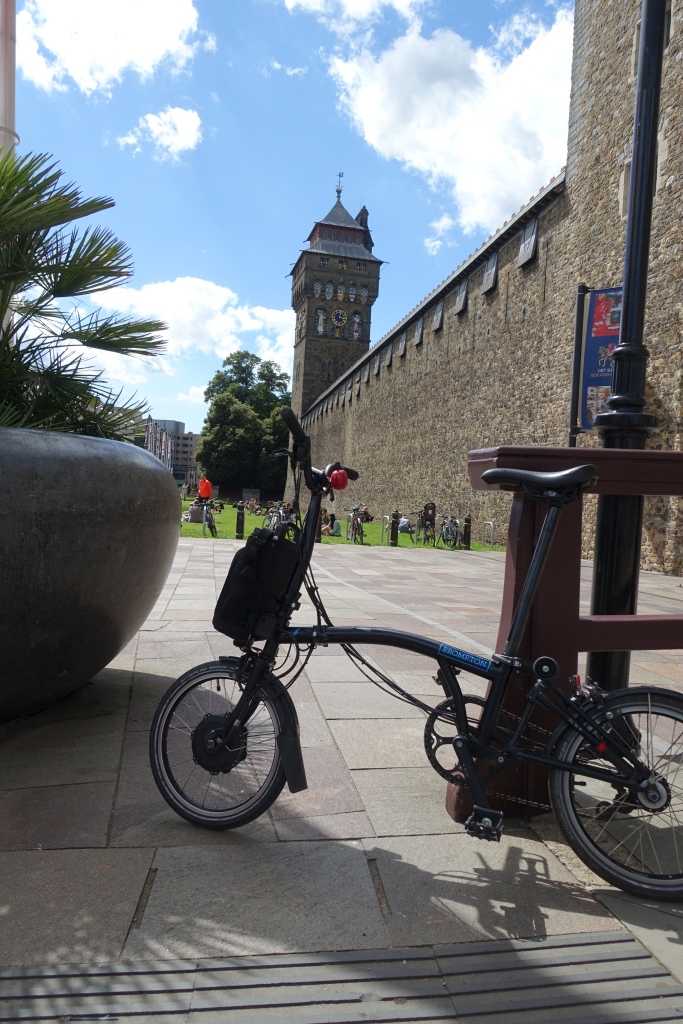
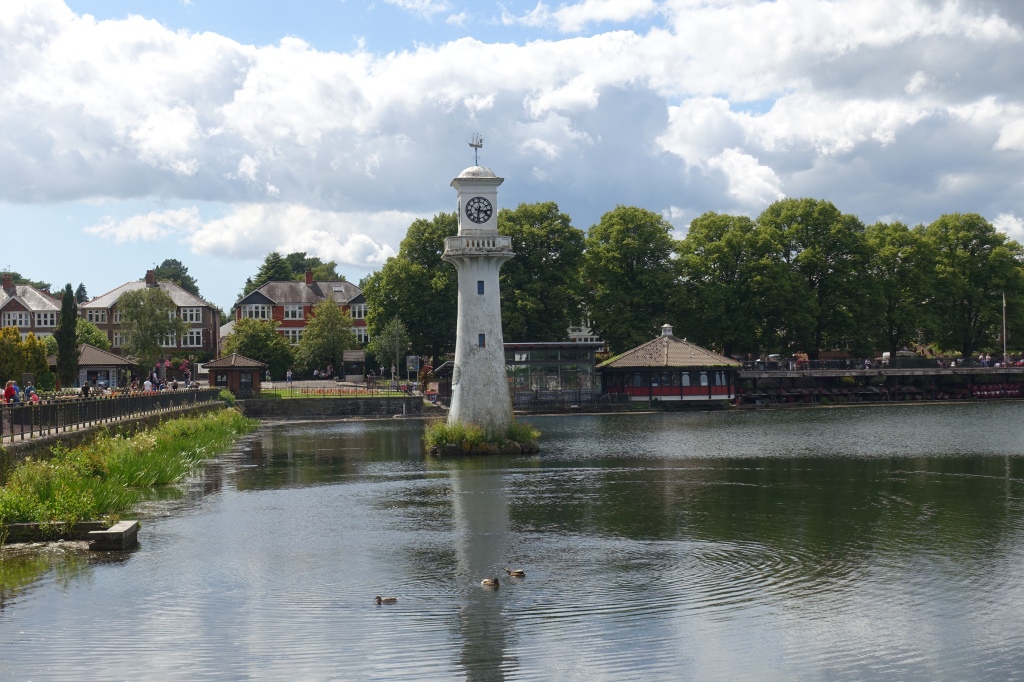
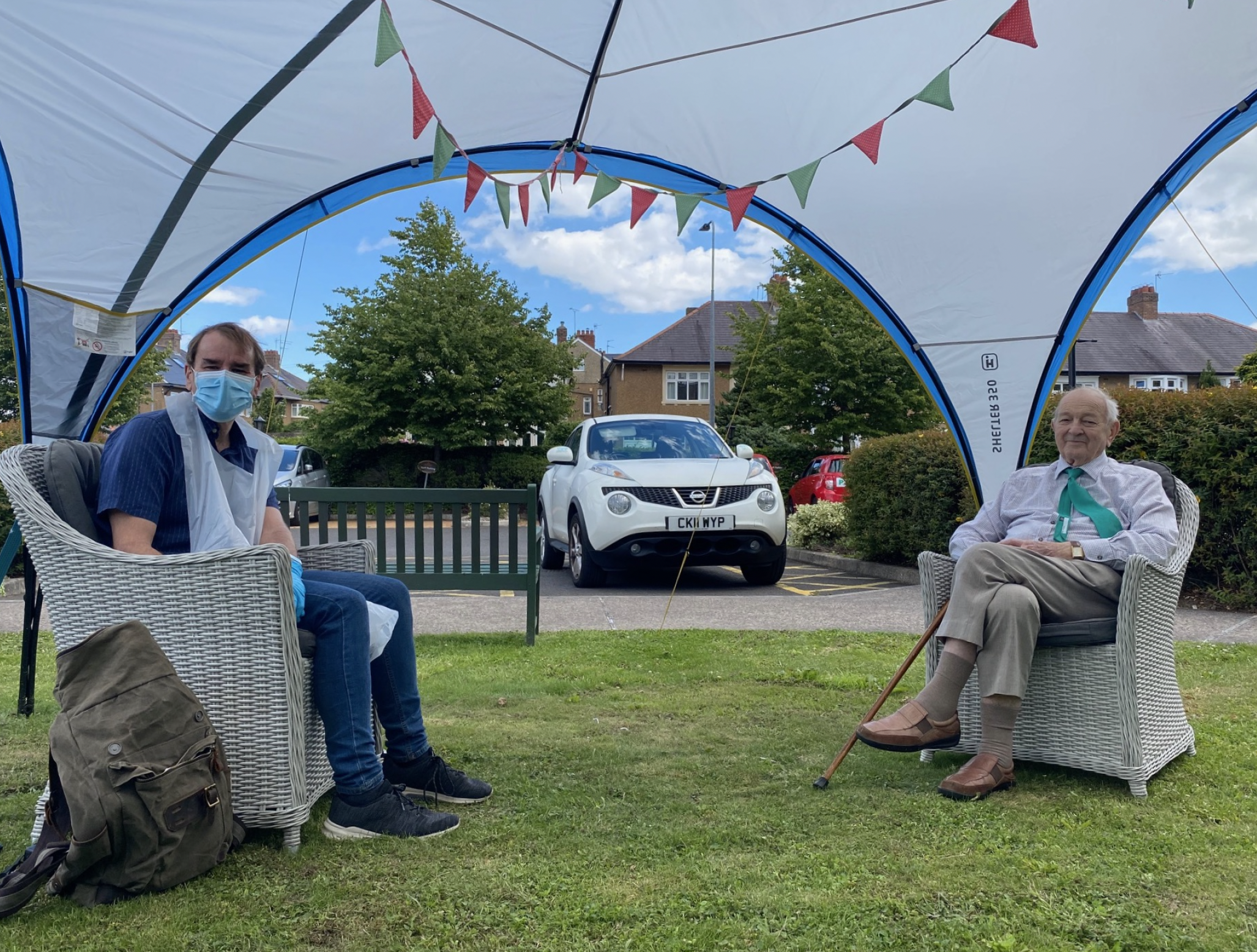
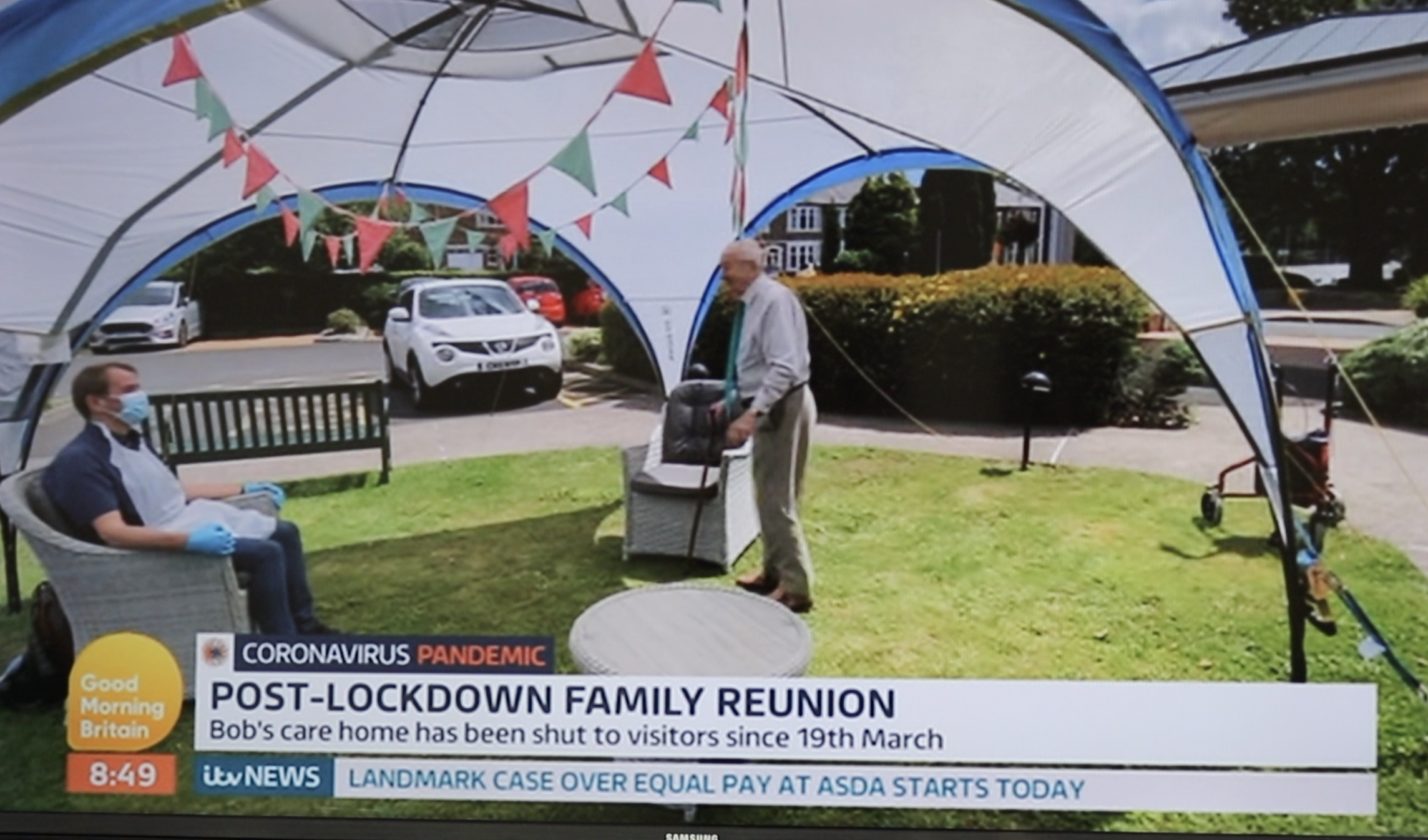
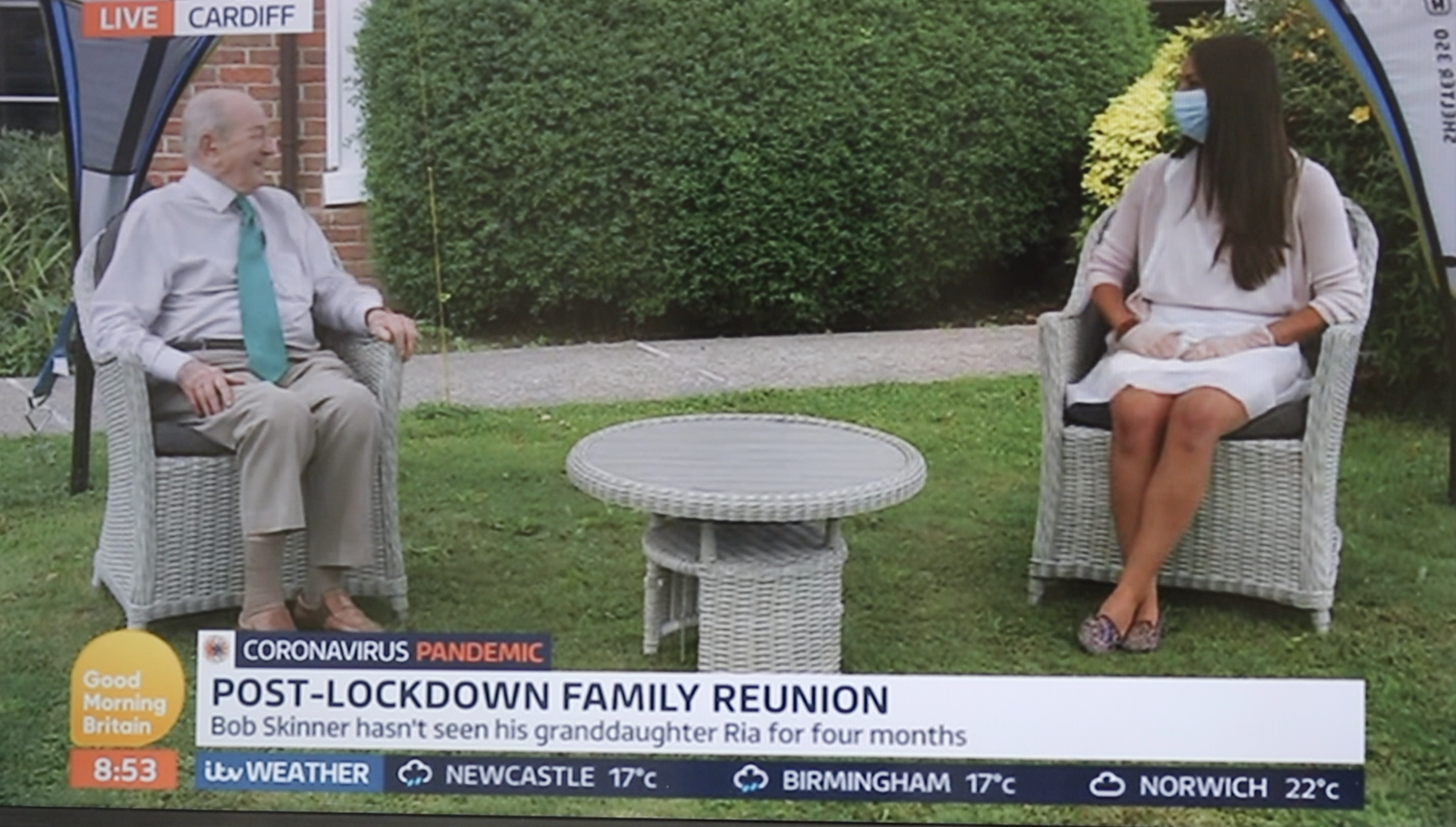
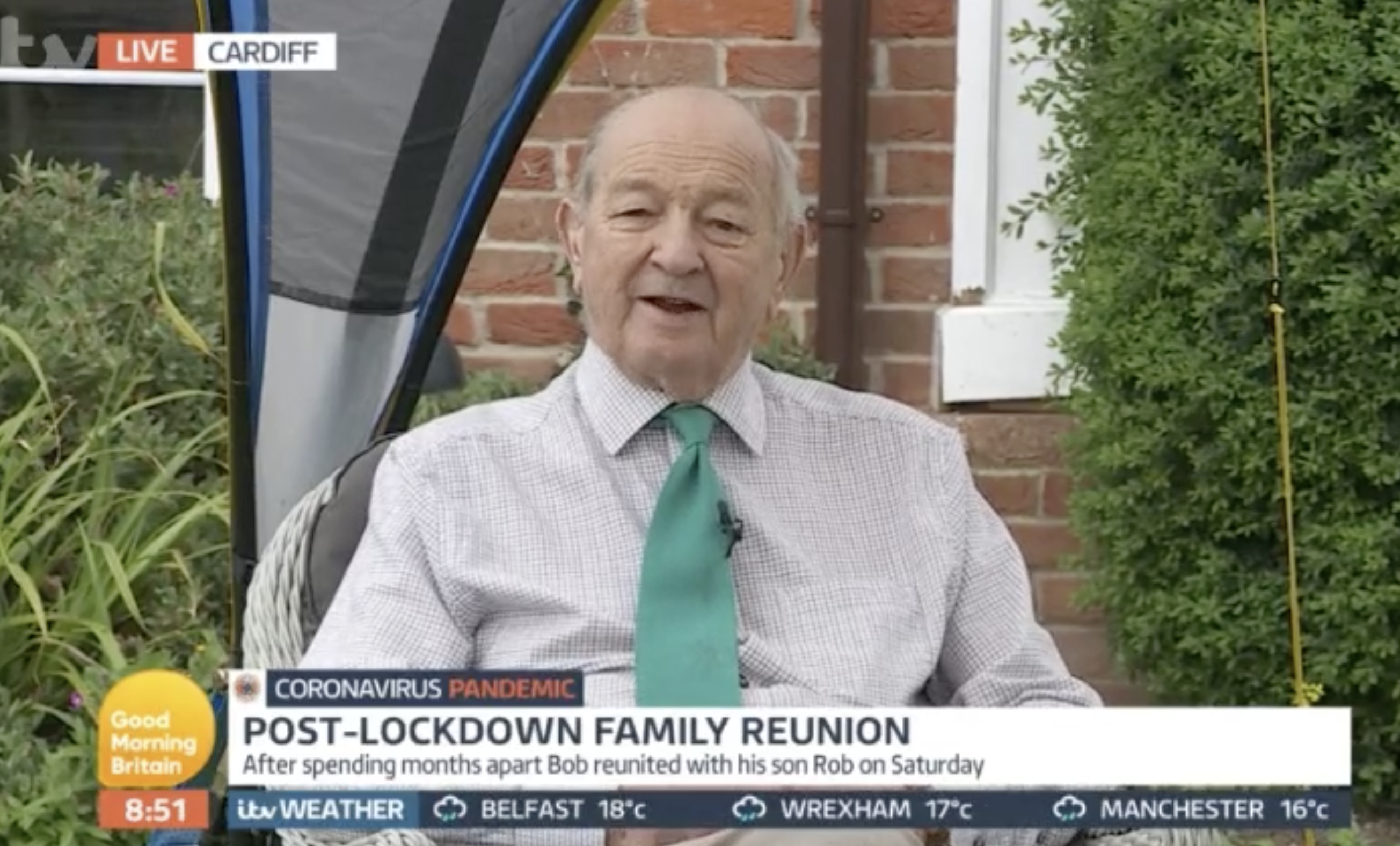
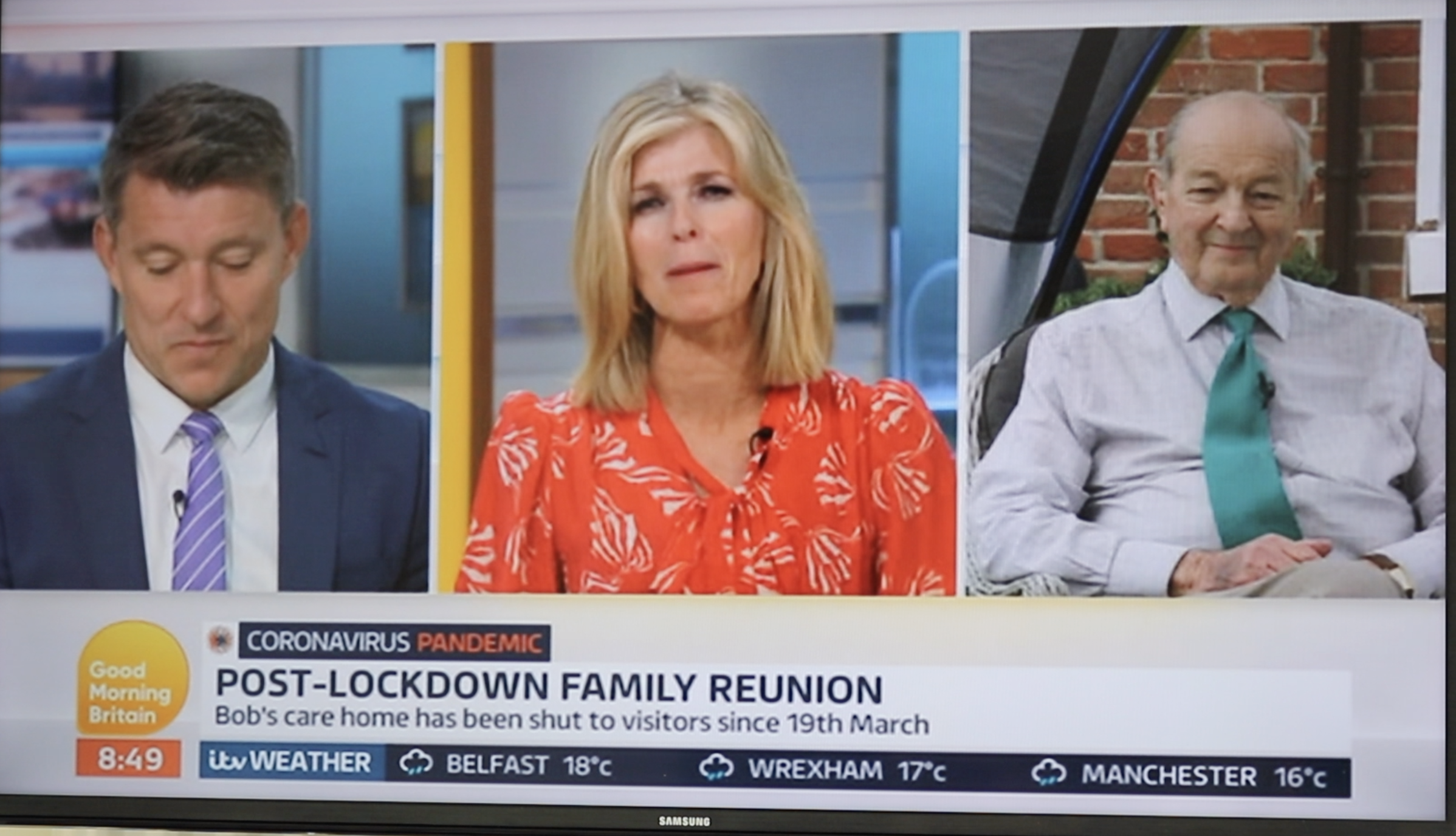
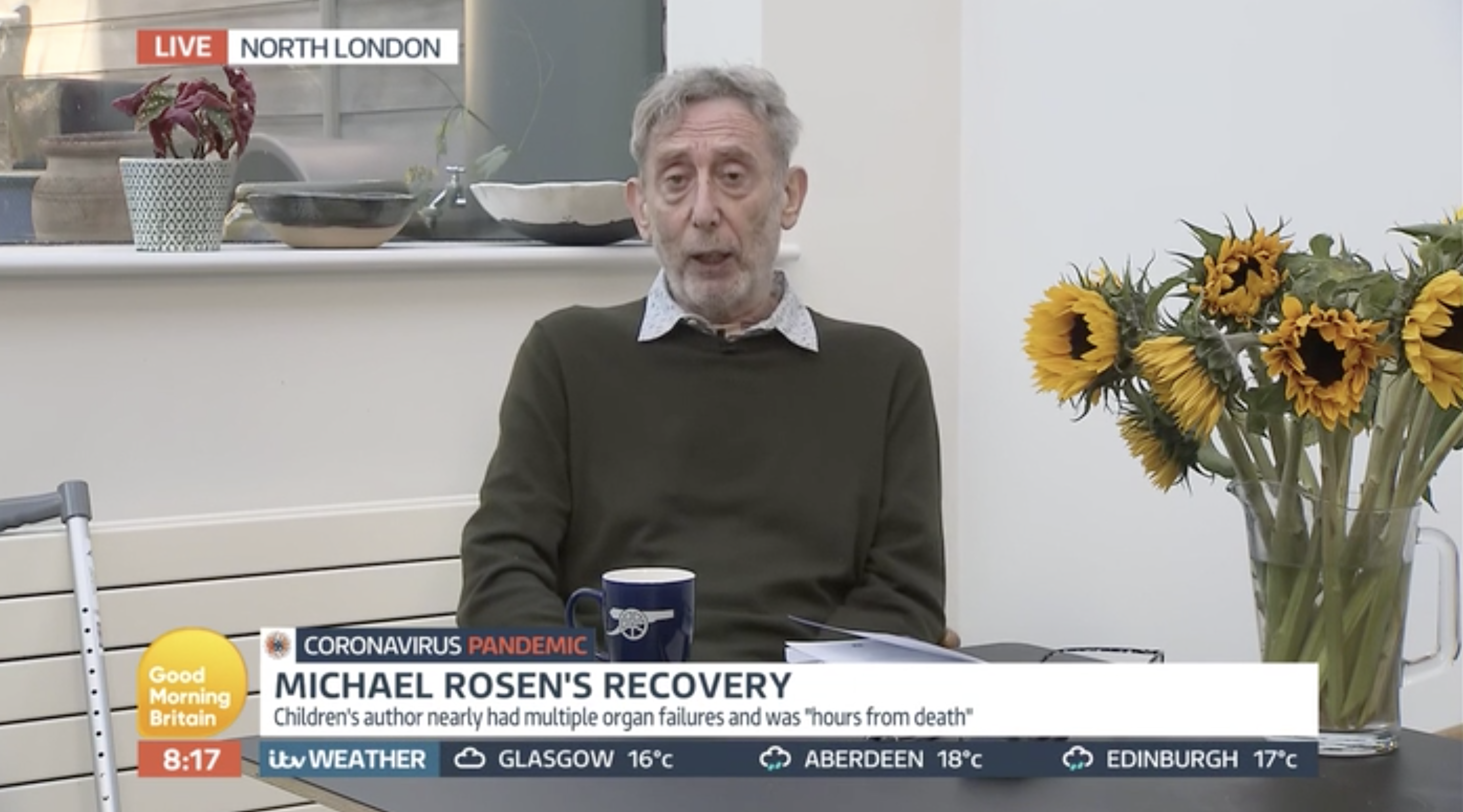 Interviewing Michael was an emotional experience for presenter Kate Garraway. This was her first day back after a four month break while husband Derek Draper was in intensive care and came close to death from COVID-19. Movingly, Michael said he hoped his experience gave Kate hope. Welcome back, Kate, and heartfelt best wishes to Derek and Michael.
Interviewing Michael was an emotional experience for presenter Kate Garraway. This was her first day back after a four month break while husband Derek Draper was in intensive care and came close to death from COVID-19. Movingly, Michael said he hoped his experience gave Kate hope. Welcome back, Kate, and heartfelt best wishes to Derek and Michael.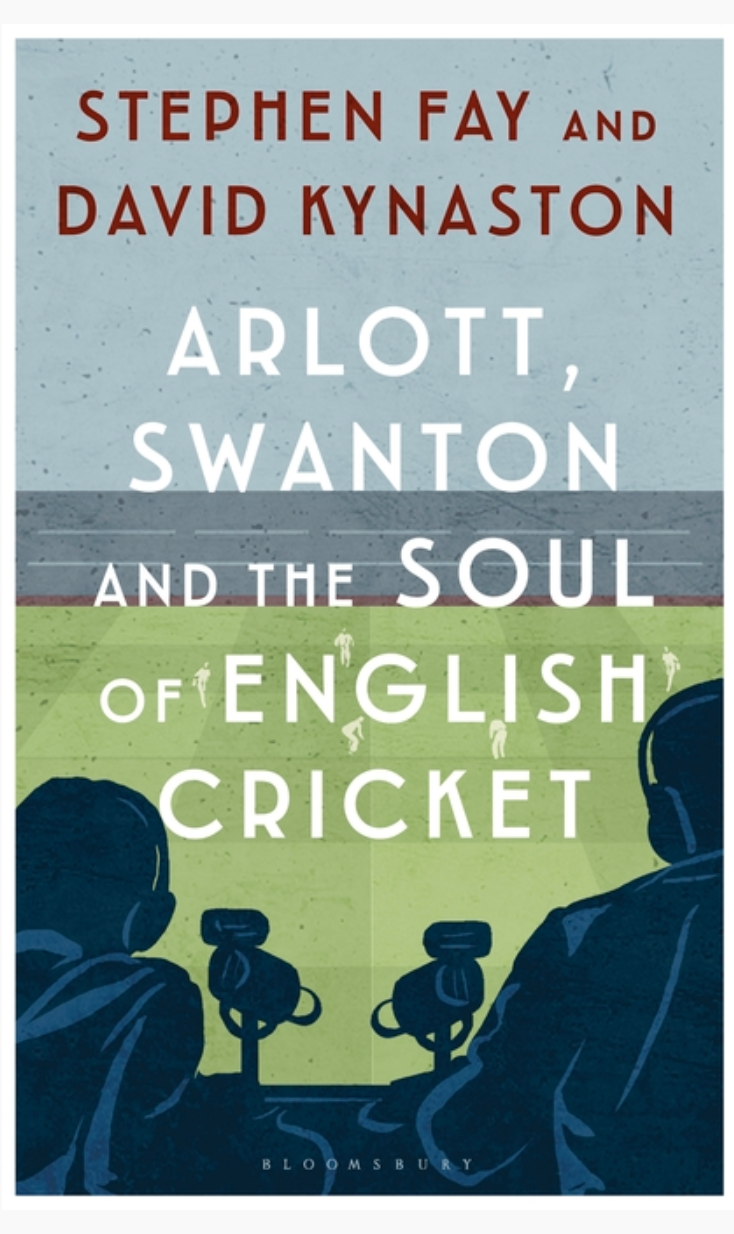 Growing up in the 1970s and early 1980s, the BBC’s Test Match Special was my summer soundtrack. I loved the ritual of turning on the radio just before 11am in time for the start of play in a test match. It was a treat to hear the rich Hampshire accent of commentator John Arlott, the voice of cricket. Arlott also wrote for The Guardian, taking on the mantle of the legendary Neville Cardus.
Growing up in the 1970s and early 1980s, the BBC’s Test Match Special was my summer soundtrack. I loved the ritual of turning on the radio just before 11am in time for the start of play in a test match. It was a treat to hear the rich Hampshire accent of commentator John Arlott, the voice of cricket. Arlott also wrote for The Guardian, taking on the mantle of the legendary Neville Cardus.

